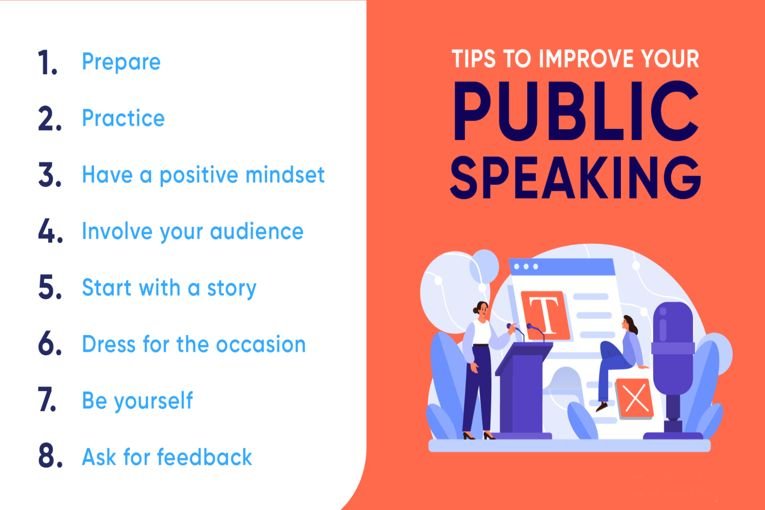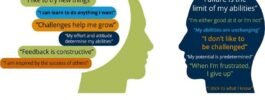Introduction
Public speaking is a valuable skill that can benefit students both academically and professionally. Whether presenting in front of a class, participating in debates, or delivering a speech at an event, effective public speaking can help students convey their ideas with confidence and clarity. However, many students struggle with public speaking due to nervousness, lack of experience, or fear of judgment. Fortunately, there are several strategies that students can employ to improve their public speaking skills and become more confident communicators.
Practice Regularly
One of the most effective ways for students to improve their public speaking skills is through regular practice. The more opportunities students have to speak in front of an audience, the more comfortable and confident they will become. Students can practice by giving speeches in front of a mirror, recording themselves, or even presenting to friends and family. Joining a public speaking club or participating in debate competitions can also provide valuable practice opportunities.
Focus on Body Language
Body language plays a crucial role in public speaking. Students should pay attention to their posture, gestures, and facial expressions while speaking. Maintaining good posture, making eye contact with the audience, and using hand gestures to emphasize key points can help students engage their audience and appear more confident. Practicing good body language can also help students convey their message more effectively and make a positive impression on their listeners.
Organize Your Thoughts
Effective public speaking requires clear organization and structure. Before delivering a speech, students should take the time to outline their main points and organize their thoughts in a logical manner. A well-structured speech will be easier for the audience to follow and will help the speaker stay on track. Students can use techniques such as creating an introduction, body, and conclusion, as well as using transitions to guide the audience from one point to the next.
Work on Vocal Delivery
In addition to body language, vocal delivery is another important aspect of public speaking. Students should pay attention to their tone, pitch, volume, and pace while speaking. Varying vocal elements can help students maintain the audience’s interest and emphasize key points. Practicing vocal exercises, such as breathing techniques and vocal warm-ups, can help students improve their voice projection and clarity.
Gain Confidence Through Knowledge
Confidence is key to successful public speaking. Students can boost their confidence by thoroughly researching their topic and becoming knowledgeable about the subject matter. When students feel well-prepared and knowledgeable, they are more likely to speak with confidence and authority. Additionally, practicing positive self-talk and visualizing successful speaking experiences can help students build their confidence and overcome nervousness.
Solicit Feedback
Receiving feedback from peers, teachers, or mentors can be invaluable for students looking to improve their public speaking skills. Constructive feedback can help students identify areas for improvement and make adjustments to their delivery. Students should seek feedback on their content, delivery, body language, and overall presentation style. Taking feedback into consideration and making necessary changes can help students continue to grow and develop as effective speakers.
Utilize Technology
Technology can be a helpful tool for students looking to improve their public speaking skills. Students can use video recording apps to record and review their speeches, allowing them to identify areas for improvement. Online resources, such as public speaking tutorials and virtual speech coaching, can also provide valuable tips and techniques for enhancing speaking skills. Additionally, students can utilize presentation software to create visually engaging slides and enhance their overall presentation.
Practice Mindfulness and Relaxation Techniques
Nervousness is a common issue that many students face when speaking in public. To combat nerves and anxiety, students can practice mindfulness and relaxation techniques before speaking engagements. Techniques such as deep breathing, visualization, and progressive muscle relaxation can help students calm their nerves and focus on the task at hand. By practicing relaxation techniques, students can improve their ability to stay calm and composed while speaking in front of an audience.
Set Realistic Goals
Improving public speaking skills is a gradual process that takes time and practice. Students should set realistic goals for themselves and work towards achieving them step by step. Setting specific goals, such as reducing filler words, improving vocal delivery, or maintaining eye contact with the audience, can help students focus their efforts and track their progress. Celebrating small victories along the way can also help students stay motivated and committed to their public speaking development.







